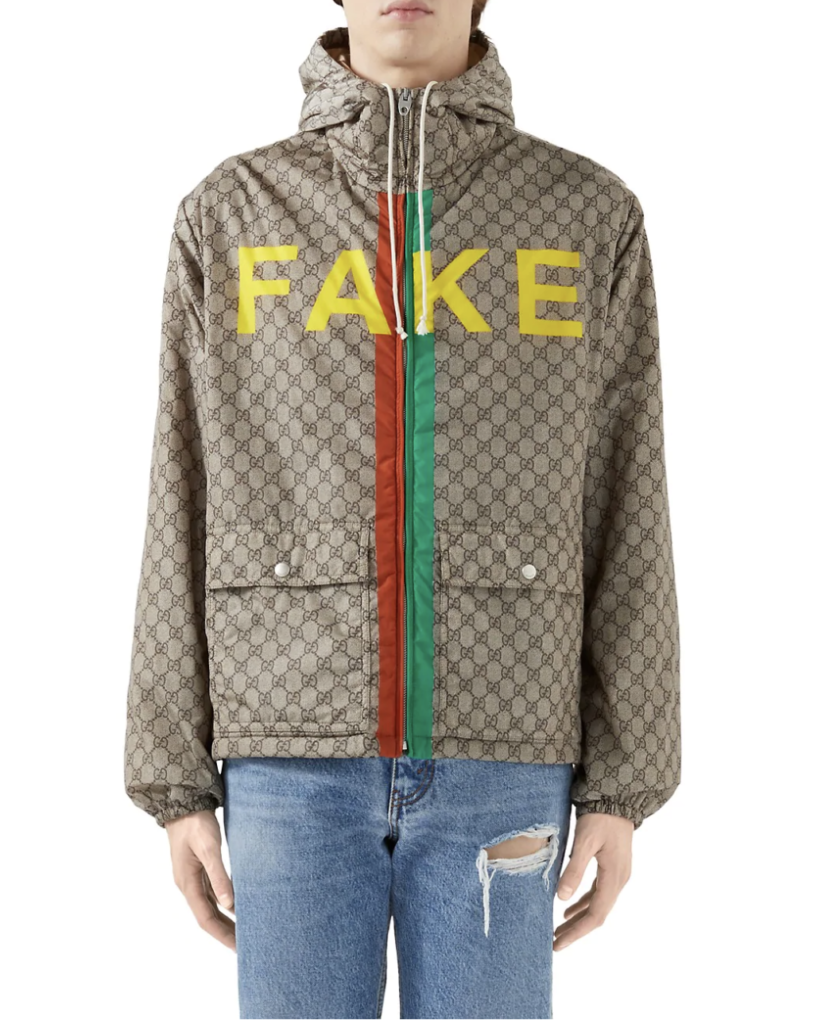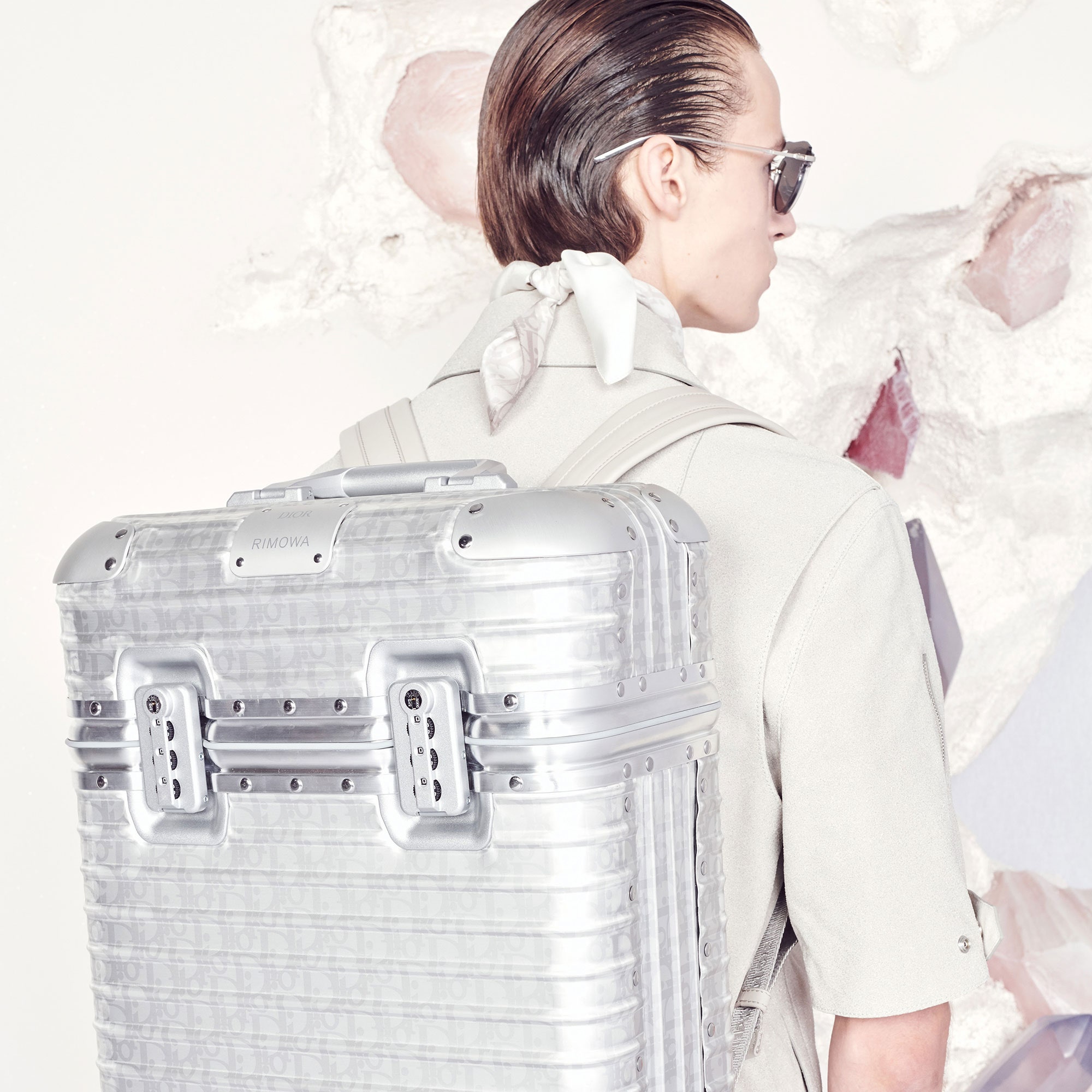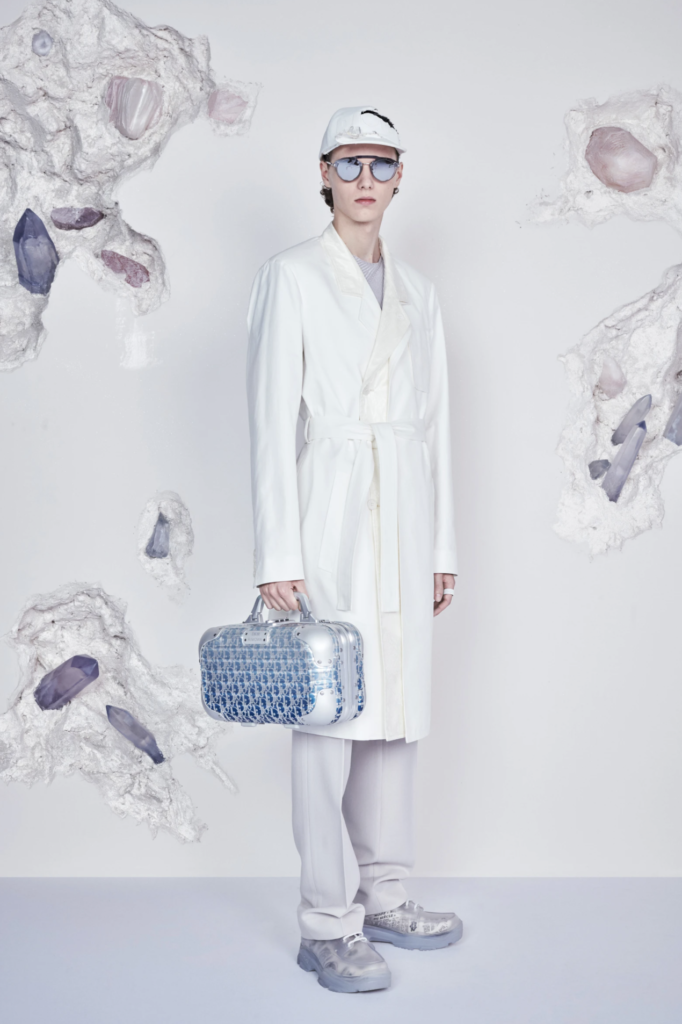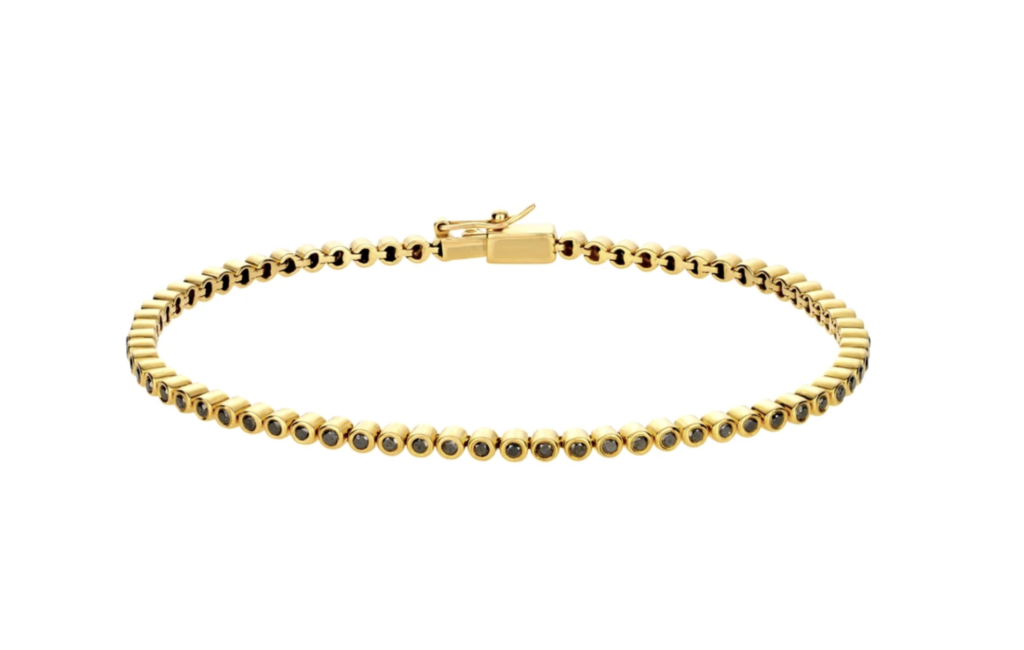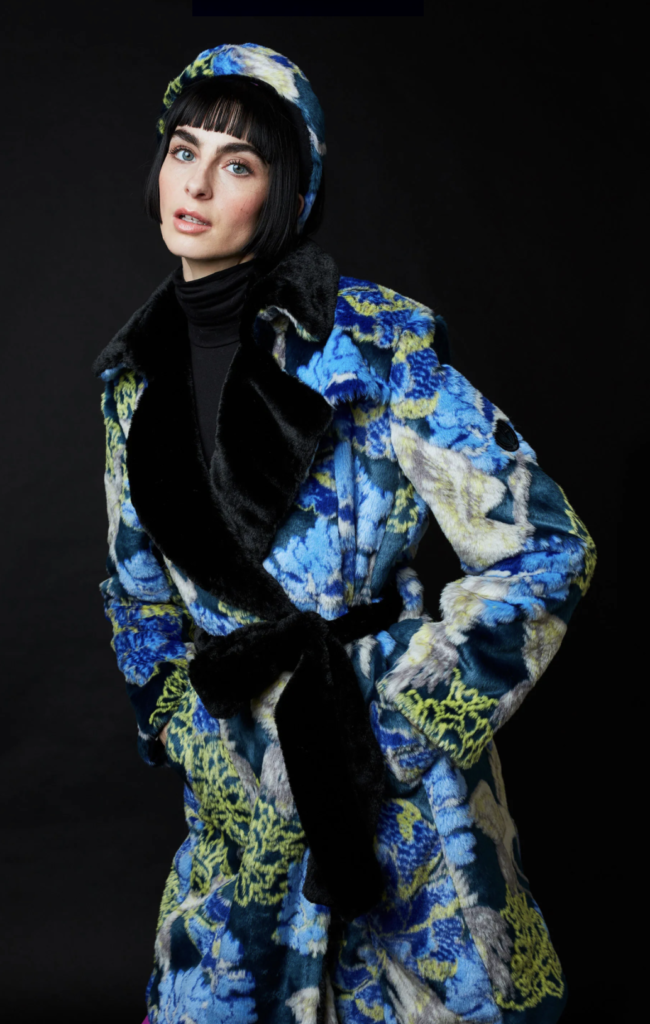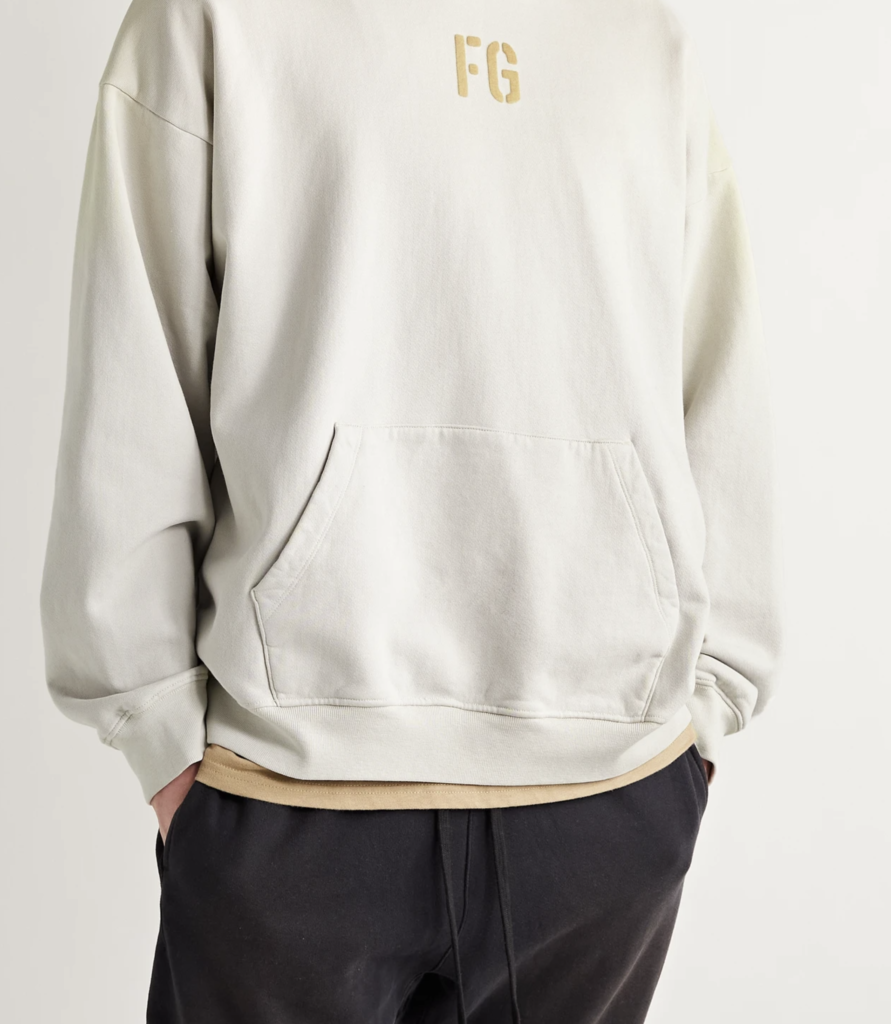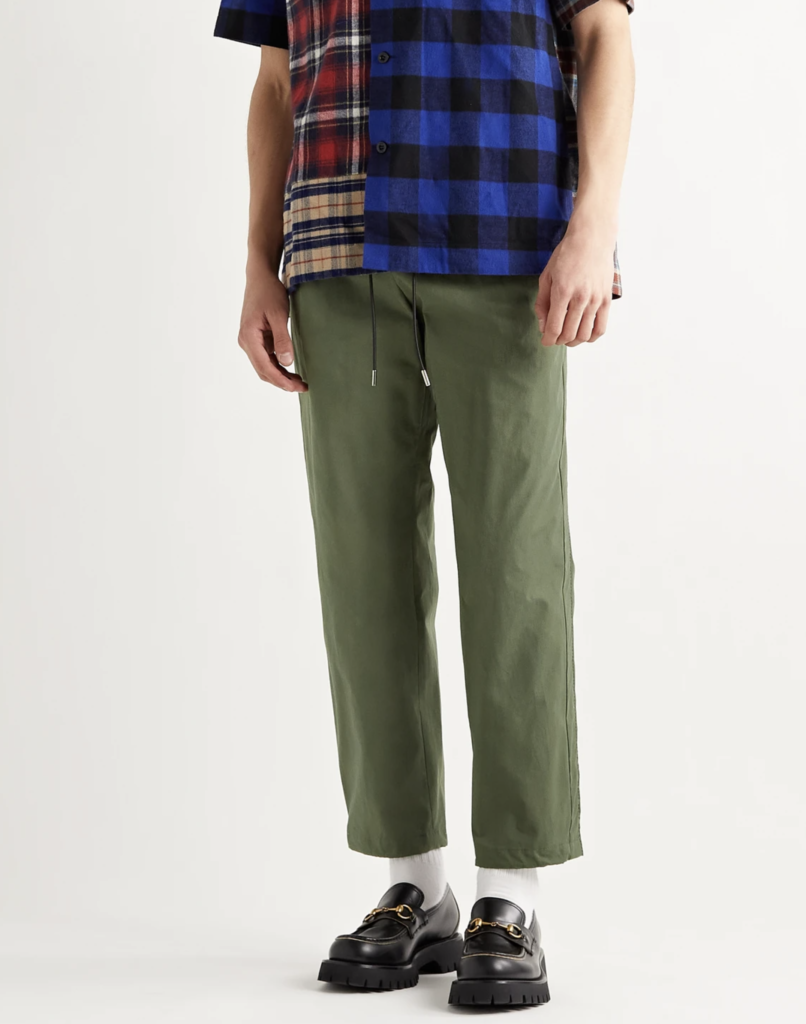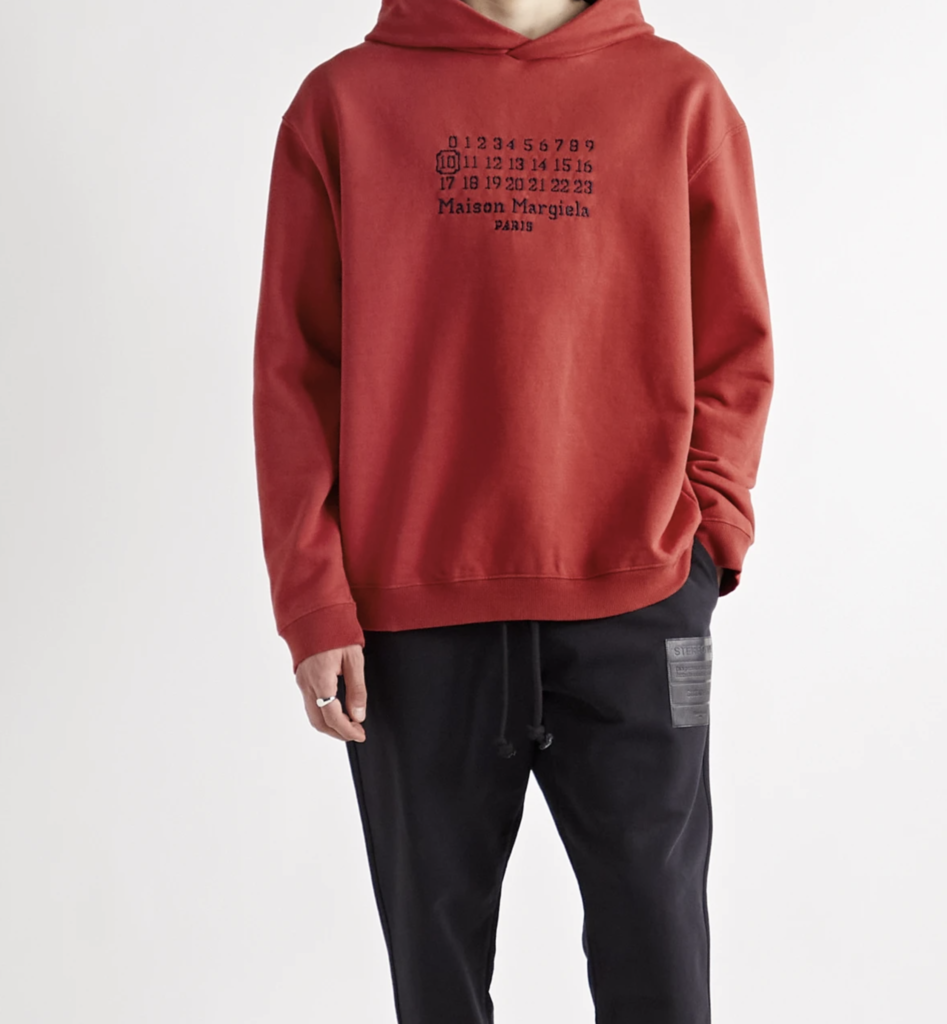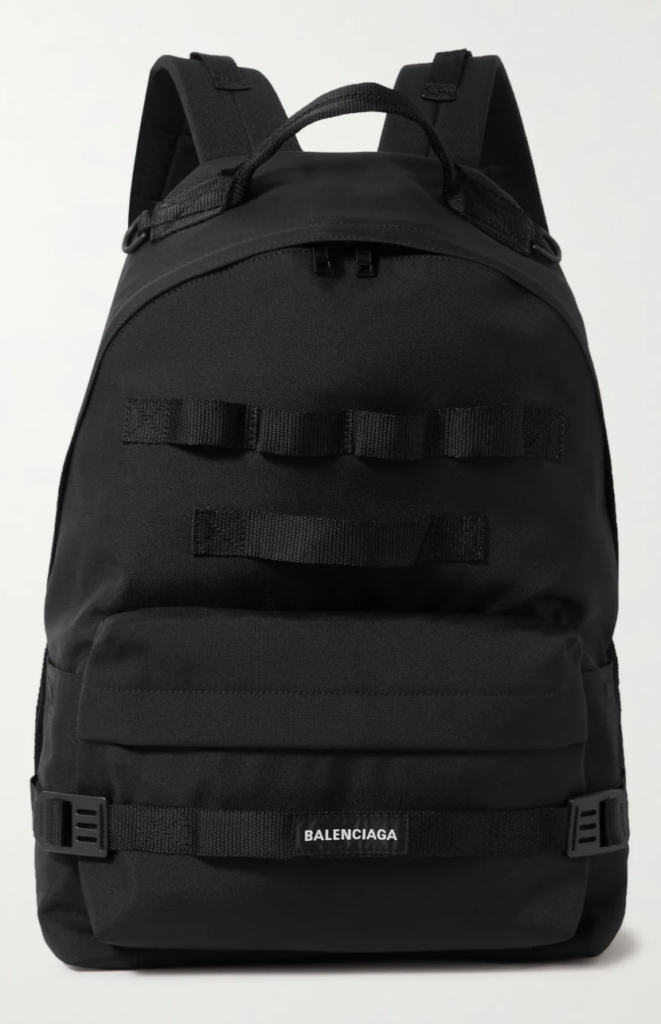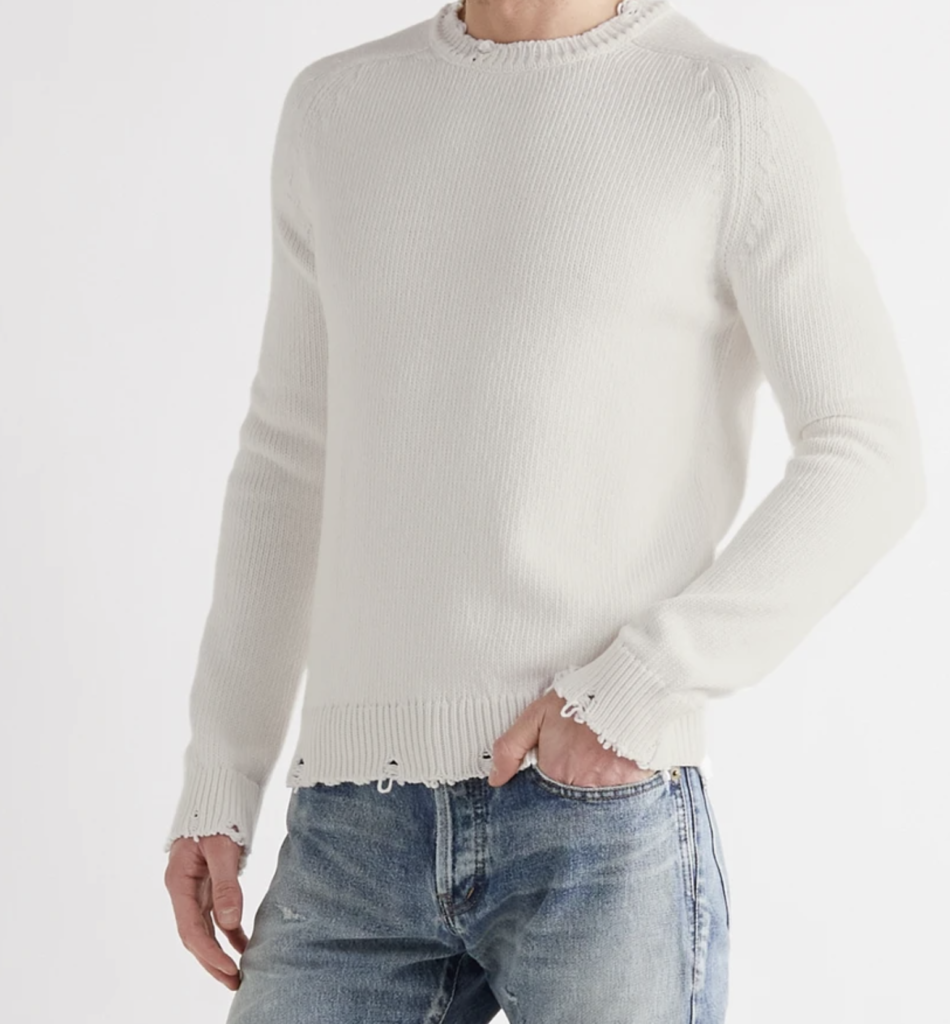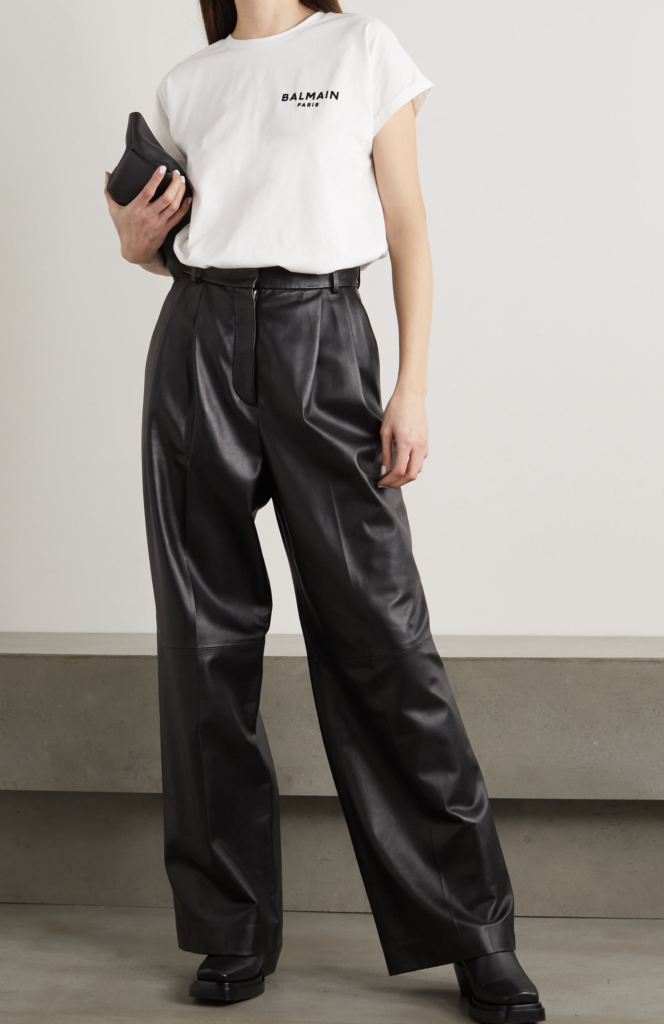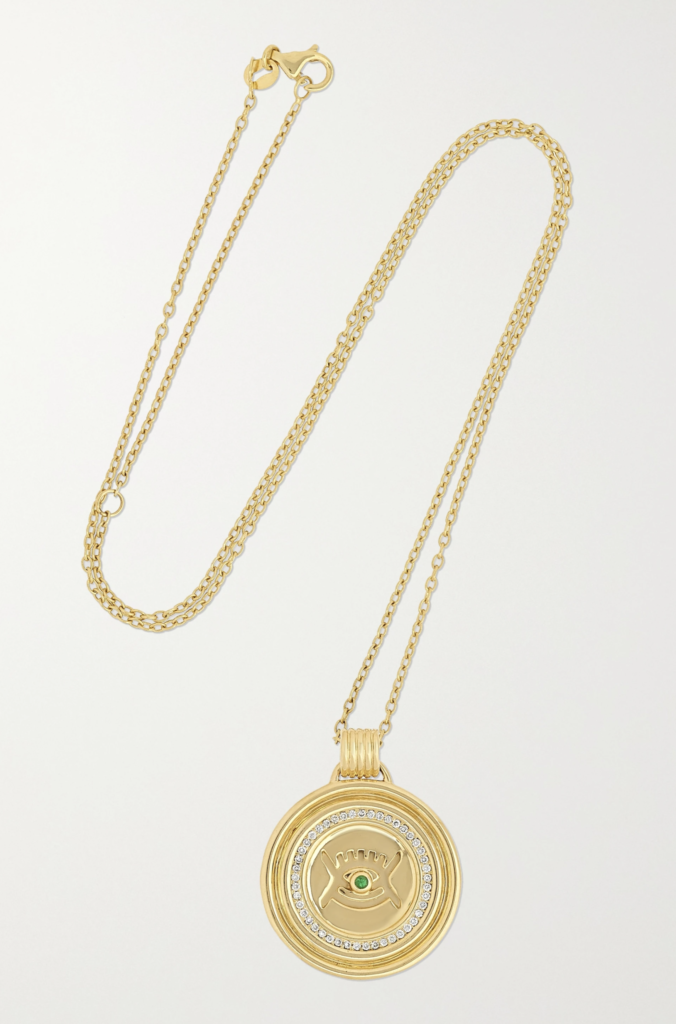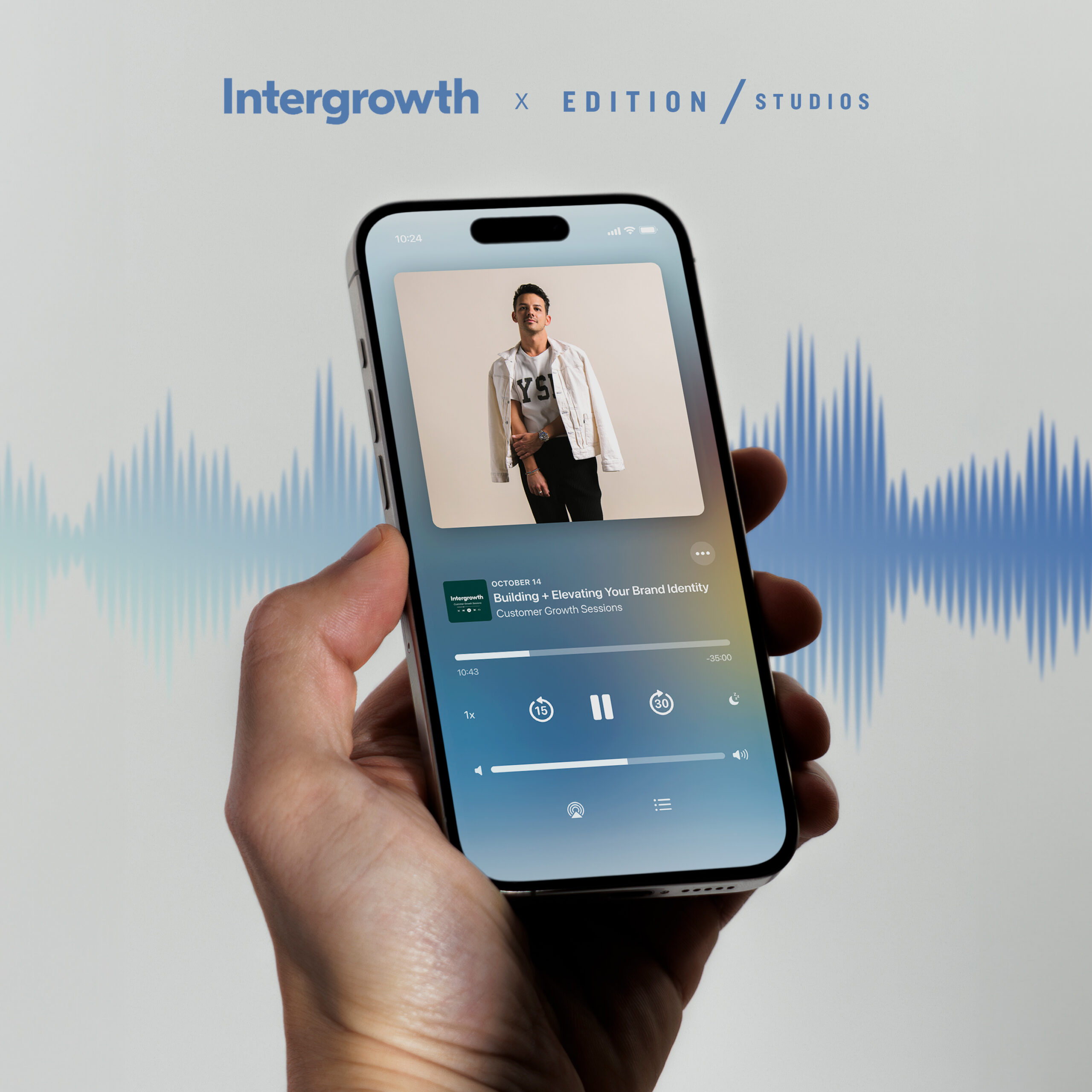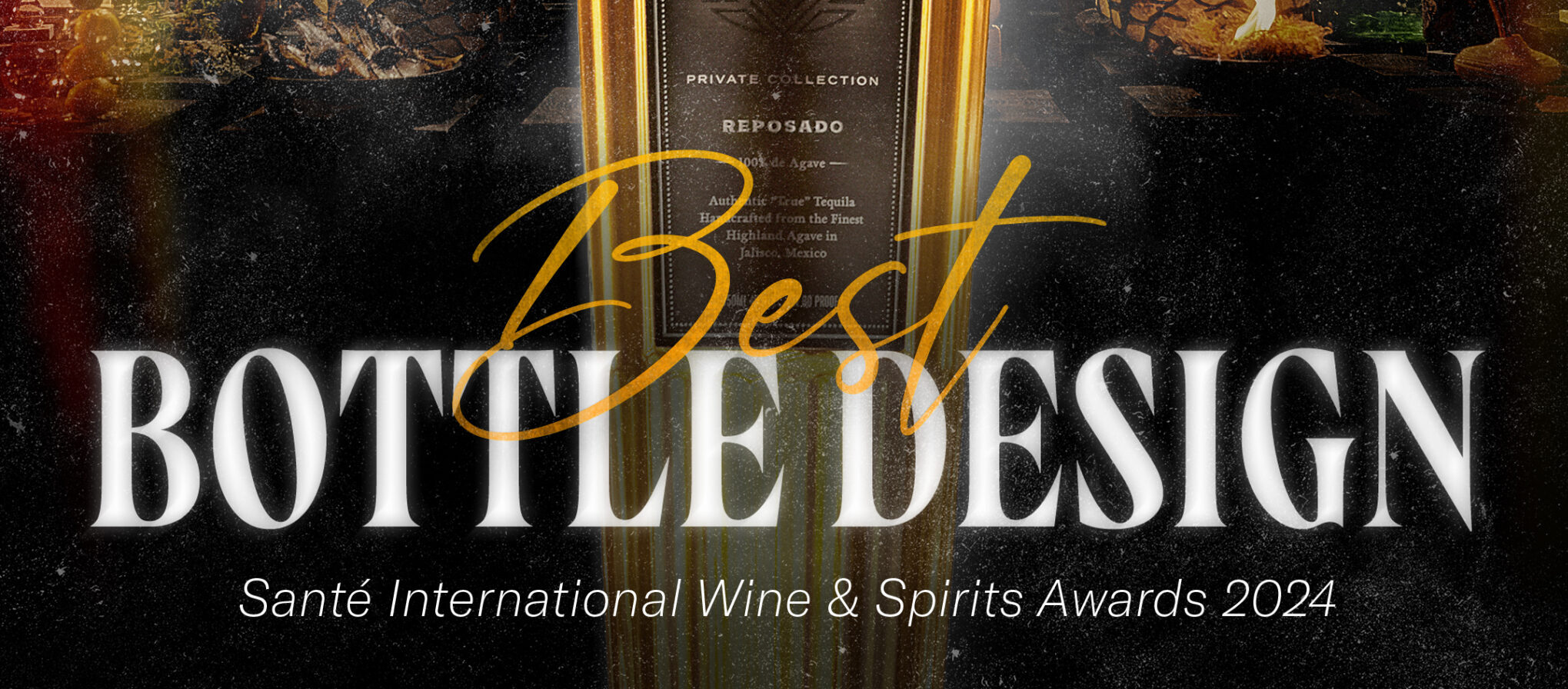One would think living through a pandemic would push the fashionistas of the world to put a pause on luxury spending. Well, it turns out that may have been the wrong way of thinking. Confused? Me too.
The aspirational hypebeasts aren’t going anywhere, and they’re changing the way we shop luxury goods. The CEO and president of RIMOWA, Alexandre Arnault, has put some context around how luxury goods will evolve. (Ok, I lied. After having checked his Insta, he’s now moved on to Tiffany & Co. as of late!)
| Old Luxury | New Luxury |
| • Defined by price point | • Defined by knowledge |
| • Aspiration is about price | • Aspiration is about cultural value |
| • Items are special because they’re exclusive to a certain set of people | • Items are special because they’re unique to the individual |
| • Status is demonstrated by ownership of luxury items | • Status is demonstrated by access to cultures represented by luxury items |
| • Luxury is something that can be bought | • Luxury is a dynamic lifestyle that requires participation |
| • Physical stores are the truest manifestation of a luxury brand | • A brand’s identity and values must be felt in digital and physical platforms |
| • Value is tied solely to artisanal manufacturing and a brand’s provenance | • Value is tied to artful ideas executed at high level |
| • Pieces customized to a client’s tastes | • Pieces personalized to a client’s identity |
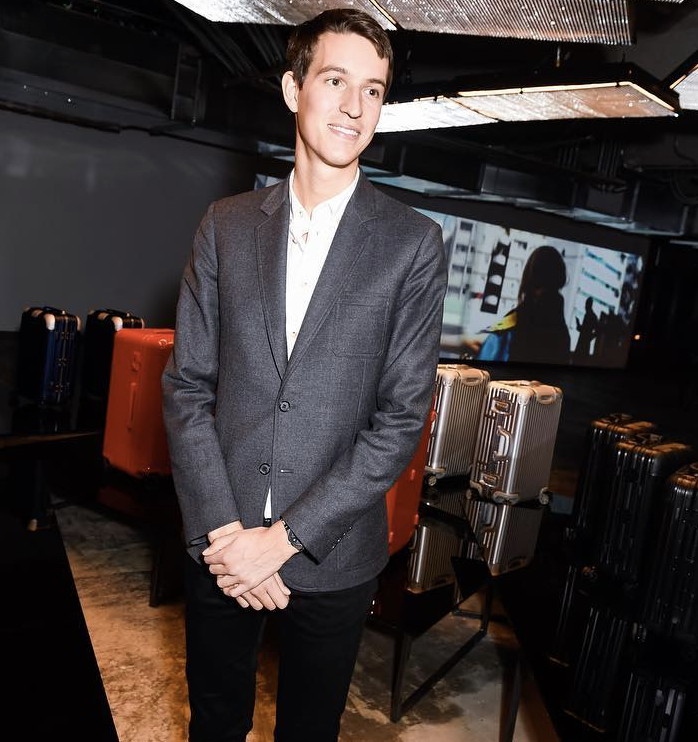
If old luxury is about belonging to a certain class and dressing the part, new luxury is about deconstructing these tropes to create more contemporary identities.
So, what does that mean for luxury shoppers, high-end retailers, and bougie brands? It means people buy because they want to be a part of something deeper; something more meaningful—a culture they possibly weren’t born into, but instead, want to be a part of. This all makes sense to me—I get it, I see it, I understand it. I’m a millennial. Ask a Gen Z if this makes sense to them and they’ll likely tell you this is all they know. They’ll tell you this is the way it’s always been. Ask the boomers and they’ll roll their eyes and tell you luxury items are for multi-millionaires. Luxury is no longer about a price point; it’s about relevance.
So, who has this figured out? Who’s selling a lifestyle of culture and careful artisan craftsmanship? The most relevant component to customers is the alignment of luxury and wellbeing, which has proven a great pandemic-driven form of “comfort consumerism”.
